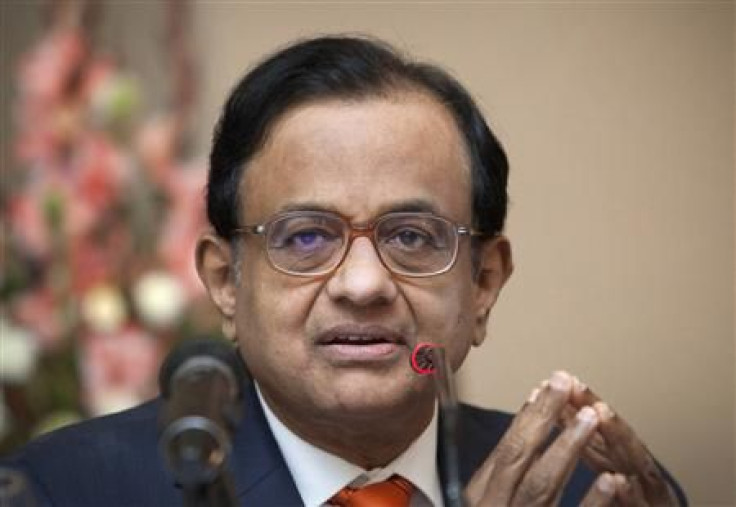India’s Finance Minister P. Chidambaram Visits US To Attract Investment

India’s finance minister, P. Chidambaram, arrived in Washington, on Tuesday, for a four-day visit to pitch India as a business destination to U.S. investors, at a time when the once-strong economy is down on its knees and the Indian currency has depreciated to new lows against the dollar.
In his second U.S. trip in less than six months, Chidambaram will meet officials from top U.S. defense, technology and multinational retail companies, including Lockheed Martin Corporation (NYSE:LMT), The Boeing Company (NYSE:BA), Microsoft Corporation (NASDAQ:MSFT) and Wal-Mart Stores, Inc. (NYSE:WMT) and ILFC Holdings, Inc, Press Trust of India reported.
“The Finance Minister is likely to discuss the issue of investment by US companies in India especially in infra sector, various policy measures taken by the Government to boost investment in the country and tax related matters among others,” a statement issued ahead of his visit said, PTI reported.
Chidambaram will also meet treasury secretary Jack Lew, Sen. Max Baucus (D-Mont.), chairman of the Senate Finance Committee, and Sen. Mark Warner (D-Va.), co-chair of the Senate India Caucus, and deliver a keynote address at the 38th annual leadership summit of the U.S.-India Business Council.
Under India’s 12th five-year plan, a government agenda for economic development, ending in March 2017, the country needs as much as $1 trillion in investment for various infrastructure projects.
The finance minister is expected to address criticism from U.S. lawmakers, who say that India does not have adequate provisions for protecting intellectual property rights, after Swiss pharmaceutical giant Novartis AG (NYSE:NVS) lost a case in India’s Supreme Court, in April, to secure a patent protection for its cancer drug, Glivec. The benchmark decision was panned as a major discouragement for foreign companies planning to tap the Indian market.
The U.S. has also accused India of imposing barriers on investments in key sectors, including insurance, banking and telecommunications, and of preserving a “stringent and non-transparent” policy on foreign direct investment, or FDI.
“We have a lot of concerns about what’s going on today in India especially their emerging market access barriers, protectionist measures,” Sen. Rob Portman (R-Ohio) said during a Senate hearing last month.
“One is the lack of respect for patents. Basic intellectual property protections are being set aside. They’ve invalidated and broken American drug patents, as I say. These actions are in disregard of WTO (World Trade Organization) rules; They’re fundamentally disruptive to innovation. I think, frankly, it’s a major concern, because it could spread,” Portman said.
Meanwhile, Indian Prime Minister Manmohan Singh’s decision, announced on Monday, to review the preferential market access, or PMA, policy, which mandates companies, mainly in the telecommunications sector, to source electronic goods from domestic manufacturers, was welcomed by U.S. trade bodies, which said incentivizing investments, instead of introducing policy restraints, was crucial to boost India’s manufacturing sector.
© Copyright IBTimes 2024. All rights reserved.












